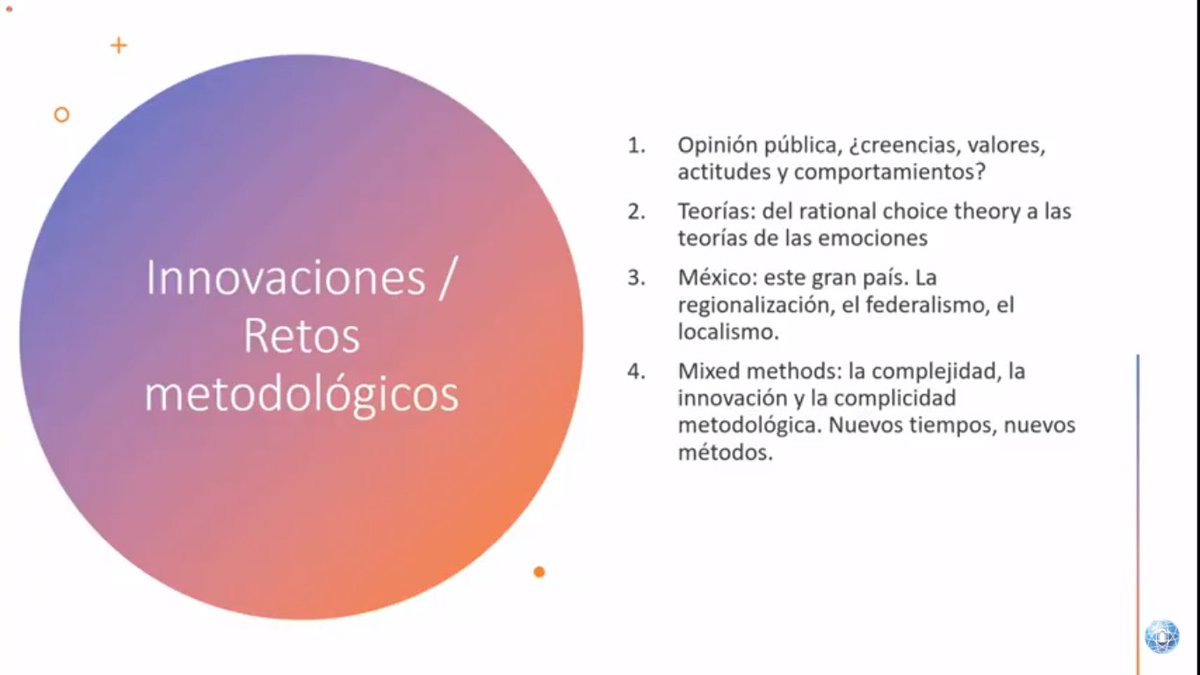
THREAD:
It's March 1st, 2021, and we are at about the 1 year mark of lockdown in Mexico (many other countries locked down earlier/later than this).
For some reason, life goes on, and in some ways, we still need to get things done: courses are under way, projects carry on.
It's March 1st, 2021, and we are at about the 1 year mark of lockdown in Mexico (many other countries locked down earlier/later than this).
For some reason, life goes on, and in some ways, we still need to get things done: courses are under way, projects carry on.
This thread is going to be on planning and structuring our time. I know for a fact it's really hard because of everything that is weighing on us right now. But we still have to continue with a number of activities, so if you like having a plan to work with, this thread is for you
I took the weekend off, so I really didn't plan my week nor month on Sunday nights, as I normally do. It would have been nice since we are starting the week on March 1st, perfect coincidence (start of the week and of the month). raulpacheco.org/2018/10/the-su…
It can be done Mondays too
It can be done Mondays too
Normally, I plan my entire year using printed monthly calendars and my Everything Notebook raulpacheco.org/2016/12/my-yea…
You don't have to plan the entire year. This post raulpacheco.org/2019/04/planni… walks you through planning shorter blocks of time (one or two months, for example).
You don't have to plan the entire year. This post raulpacheco.org/2019/04/planni… walks you through planning shorter blocks of time (one or two months, for example).
For me, having a somewhat structured daily routine helps (which is why I wake up at 4 am and do most of my work 4am-noon) raulpacheco.org/2018/11/develo…
This is (obviously, and everyone knows) really hard to do when parenting, care work and other stuff combine. But structure helps me.
This is (obviously, and everyone knows) really hard to do when parenting, care work and other stuff combine. But structure helps me.
As a neoinstitutional theorist, I am keen to maintain structure even within a world that resists structuring, because that's what gives stability to my life (anyone who studies institutions, rules, norms, routines, will tell you the importance of having structure!)
I am a creature of habit (and yes, I've read A TONNE of books on habits, including "Atomic Habits" and "The Power of Habit" and "Better Than Before" raulpacheco.org/2018/05/better…)
For me, spending time at the end of the previous month and/or beginning of the next, planning, helps tons
For me, spending time at the end of the previous month and/or beginning of the next, planning, helps tons
The exercise I am undertaking right now is:
1) Reviewing what I committed to do during March (I have to deliver at least 2 workshops and 2 talks, plus send revisions back to editors, plus 2 R&Rs, etc.)
2) Think IN ADVANCE for what's coming up in April (Q3 starts in May 2021)
1) Reviewing what I committed to do during March (I have to deliver at least 2 workshops and 2 talks, plus send revisions back to editors, plus 2 R&Rs, etc.)
2) Think IN ADVANCE for what's coming up in April (Q3 starts in May 2021)
3) Plan everything I have on deck for March, and pre-plan for April and May (will be teaching 2 courses in Q3), so I am not overwhelmed.
In the end, I still maintain that we should plan to survive and everything else is a cherry on top. raulpacheco.org/2021/01/planni…
I like cherries!
In the end, I still maintain that we should plan to survive and everything else is a cherry on top. raulpacheco.org/2021/01/planni…
I like cherries!
There is one intermediate step that usually overwhelms people: allocating time for each of the many, multiple tasks we have to do, and prioritizing them.
I can't tell you how to allocate your time, or how to prioritize tasks, but the way I do it, I break everything into bits.
I can't tell you how to allocate your time, or how to prioritize tasks, but the way I do it, I break everything into bits.
For example, I have to work on 2 R&Rs - I apply backcasting and work out what I need to work on every day raulpacheco.org/2019/03/backca…
I also have to finish writing a grant. Same thing, I am backcasting the grant proposal and working on small bits every day raulpacheco.org/2016/12/revers…
I also have to finish writing a grant. Same thing, I am backcasting the grant proposal and working on small bits every day raulpacheco.org/2016/12/revers…
Another strategy of mine many people like is the Granular Planning and Rule of 3s. raulpacheco.org/2016/10/granul…
1) Break projects in thirds, work on one third at a time
2) Work on 3 things a day, maximum
3) Budget 3 times the time you originally thought it was going to take you
1) Break projects in thirds, work on one third at a time
2) Work on 3 things a day, maximum
3) Budget 3 times the time you originally thought it was going to take you
• • •
Missing some Tweet in this thread? You can try to
force a refresh








